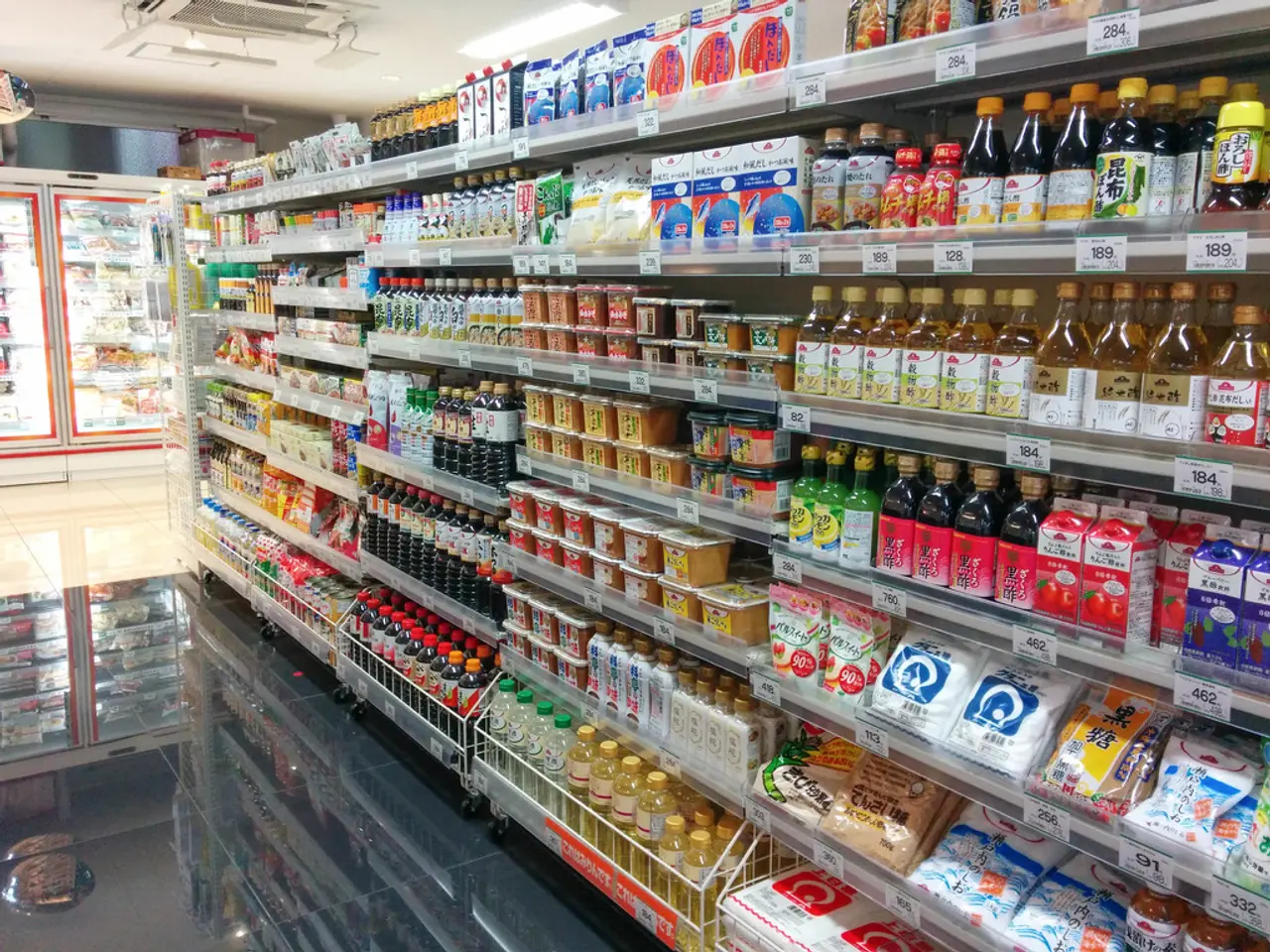Strategies for maintaining an organic diet while minimizing costs
In Australia, more than six out of every ten households buy organic food on occasion, and the demand for organic produce is growing at a rate of 20-30% per year. This trend is driven by a growing awareness of the benefits of organic farming, which avoids the use of pesticides, additives, antibiotics, and other chemicals.
For over 60 years, CHOICE has been making a difference for Australian consumers, providing access to expert reviews, independent product testing, and advice without self-interest. CHOICE does not take ads or sponsorship, ensuring unbiased advice. With a CHOICE membership, consumers know what is safe for them and their family without hesitation.
To save money while buying organic food, consider the following strategies:
- Join or start a buying group: By joining groups like Group Goodness or the Sydney-based Organic Buyers Group, you can buy organic groceries in bulk with a community, accessing wholesale prices and reducing costs.
- Order seasonal organic produce boxes: Suppliers such as The Organic Collective deliver fresh, certified organic fruits and vegetables directly to your home. This can provide competitive prices and reduce supermarket markups.
- Buy Australian-grown bulk organic goods: Suppliers like Sovereign Foods offer local sourcing, fresher products, and potentially lower prices due to short supply chains.
- Use food hubs or produce box schemes: These sell surplus or cosmetically imperfect but high-quality organic produce at a discount compared to supermarkets.
- Shop from dedicated organic wholesalers or online retailers: Retailers like Rare Organics offer bulk options, promotions, and delivery discounts to households nationwide.
These approaches leverage bulk buying, community collaboration, seasonal and local sourcing, and direct farmer-to-consumer models to reduce the cost of organic food in Australia while maintaining quality and sustainability.
Local organic produce may have a shorter journey from paddock to plate, resulting in fresher produce. However, organic food is often more expensive due to smaller-scale production and increased labor intensity.
When it comes to organic food, choosing in-season fruit and vegetables is a cost-effective way to buy organic produce. It's also important to remember that not all 'organic' products are created equal. Products labeled 'certified organic' by one of the seven Department of Agriculture, Water and the Environment (DAWE) accredited certifying organizations are authentic organic products.
Avoid ultra-processed 'organic' snack food and products such as water and salt labeled as organic, as they are not products of agriculture. Growing one's own produce can help control the use of pesticides, fertilizers, and garden products.
Supporting local businesses is an added benefit of buying from local grower's markets or local organic producers. By doing so, you're not only saving money but also contributing to a sustainable and healthy food system.
A mindful approach to health-and-wellness can be achieved by adhering to a healthy-diet, with nutrition being a critical component. Incorporating organic produce into one's diet is a commendable choice for those seeking food free from chemicals, and such produce is increasingly sought after in Australia. To maintain the benefits of organic food without straining the budget, strategies such as joining buying groups, ordering seasonal produce boxes, and shopping from dedicated organic retailers can help reduce costs.




